T4K3.news
Trump tightens grip on corporate America
President pressure on CEOs grows as government seeks revenue from private sales, signaling a shift in the business-politics balance.
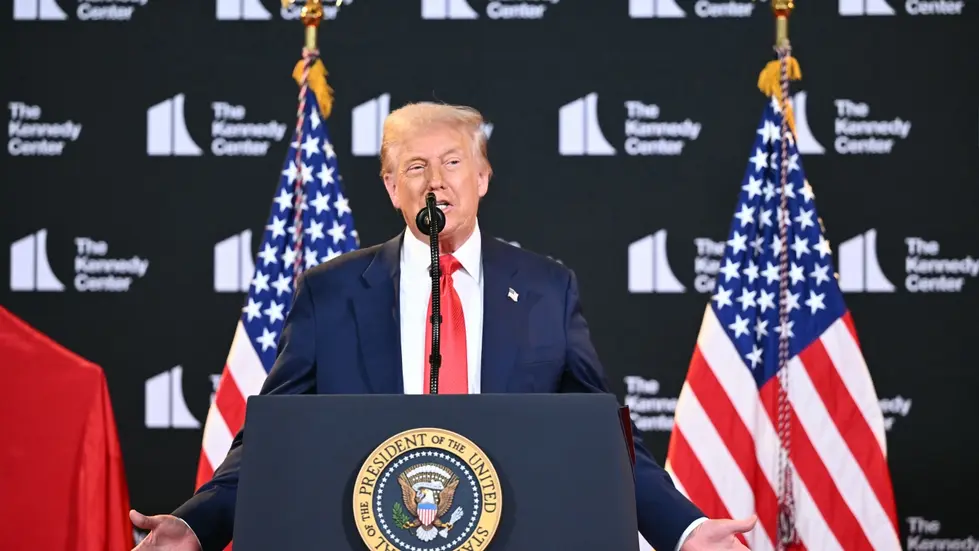
Critics warn that Trump's demands for business leaders to step down and for the government to take a cut of sales threaten American style capitalism.
Trump tightens grip on corporate America while CEOs stay silent
Trump has stepped up pressure on large companies and their leaders, publicly attacking executives and proposing policy changes that would give the government a say in private affairs. One notable move is a 15 percent revenue share on Nvidia's China sales to ease access to that market, a demand that signals a new level of intervention in corporate decision making. The Treasury secretary suggested similar payments could follow from other firms, widening the scope of government leverage over private business.
The business community has largely avoided public political fights, preferring to lobby behind the scenes. Economists warn that this trend could erode the independence of corporate decision making and mark a shift toward what some describe as state influenced capitalism. While markets have not punished the moves and some executives have met with the president, the overall corporate stance remains cautious and restrained in public.
Key Takeaways
"This 'Marxist MAGA' movement keeps expanding more and more."
Sonnenfeld describing the trend toward increased government influence in private business
"The only way you take down a bully is through collective action."
Sonnenfeld offering a tactic for corporate resistance
"Having objective, nonpartisan data is needed for our economic debates."
Michael Horrigan commenting on the role of statistics and trust
The dynamic here is less about a single policy and more about a shift in how politics and business interact. If government power over private sales becomes a standard tool, corporate autonomy could shrink and loyalties may tilt toward policy outcomes rather than long term strategy. That kind of influence risks rewarding cronyism and undermining trust among investors and workers alike.
Critics warn that the trend could redefine American capitalism in ways that critics on both sides of the aisle have long warned about. Yet some supporters argue that aggressive government measures could stabilize markets or protect national interests. The real test will be whether business leaders can mobilize publicly or collectively to demand clearer limits and protect independent judgment.
Highlights
- The bully pulpit is now a policy tool
- Collective action is the only way to stand up to a bully
- State involvement in private sales would change the game
- Courage in the boardroom may save free markets
Political and economic risk from government influence on private firms
The piece highlights potential risks to free market norms, investor confidence, and the independence of corporate decision making as the government seeks revenue and policy alignment from private companies.
As politics reach into boardrooms, the future of free enterprise may depend on a brave stand from the most influential companies.
Enjoyed this? Let your friends know!
Related News
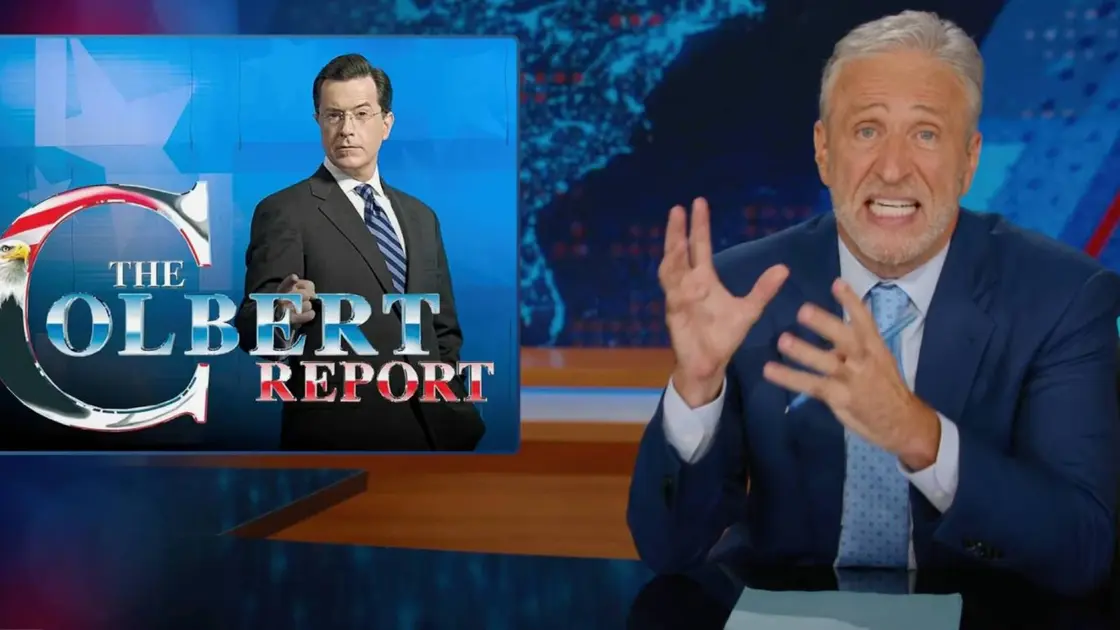
Jon Stewart stands against CBS cancellation of Late Show
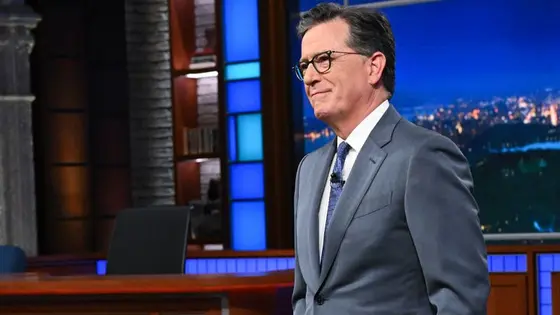
Comedians stand together for Stephen Colbert after show cancellation
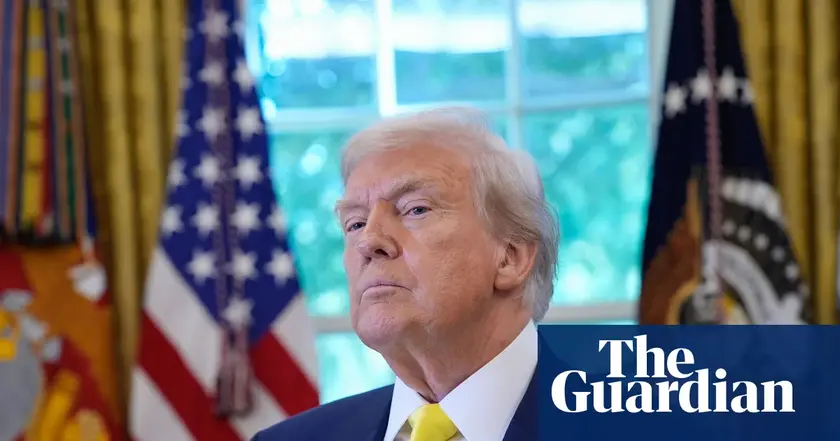
Trump pushes toward dictatorship after 200 days
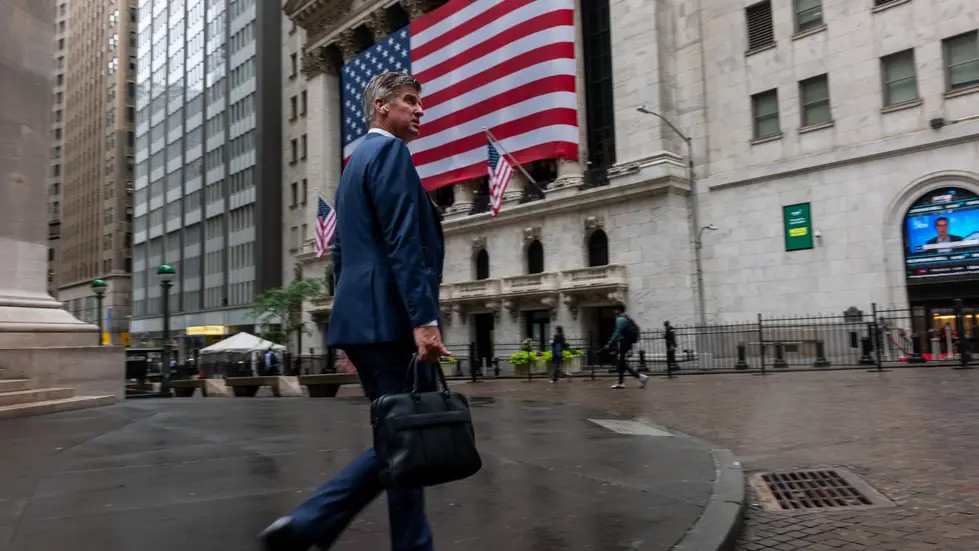
Mixed results in Corporate America's tariff summer
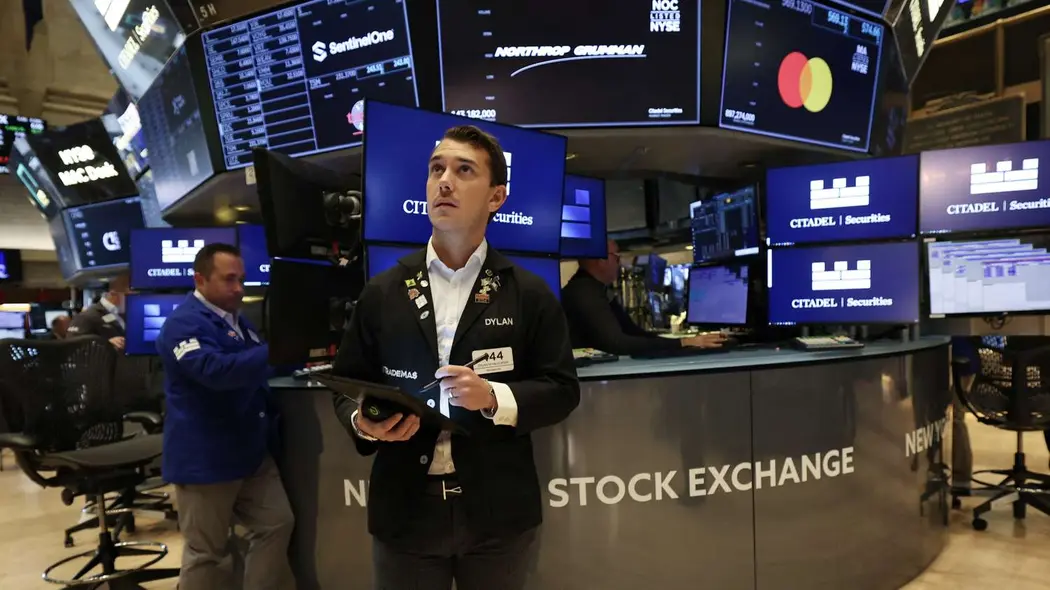
Stocks Fall as Tariff News Shakes Market
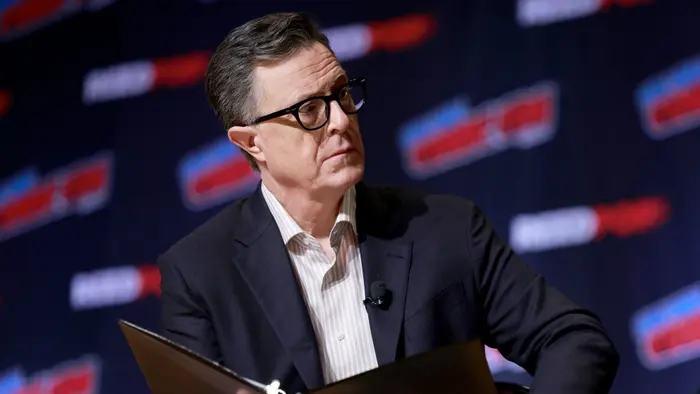
Writers Guild Calls for Investigation After Colbert Show Cancellation
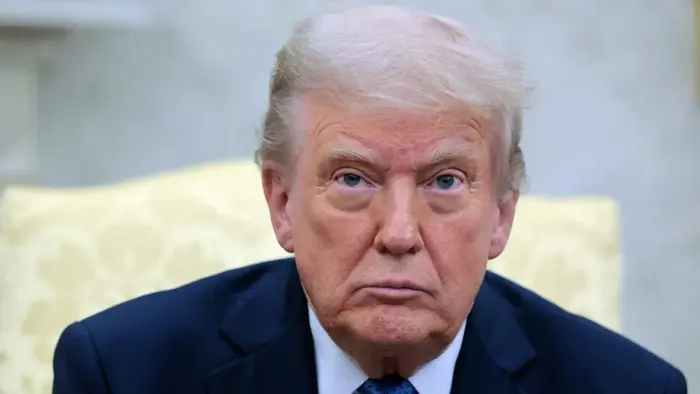
WGA Members Sign Open Letter Against Trump Actions
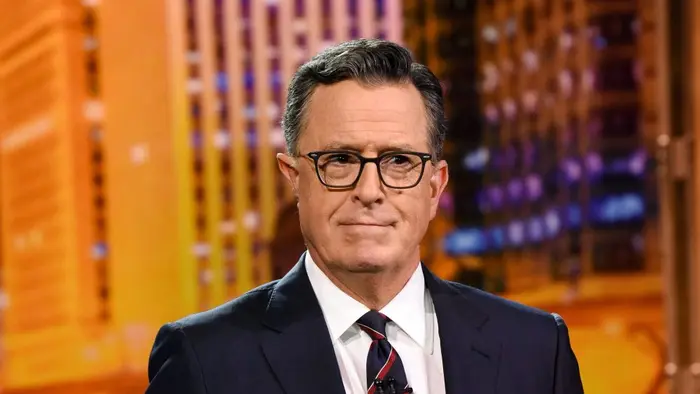
Colbert Responds to Trump's Comments
